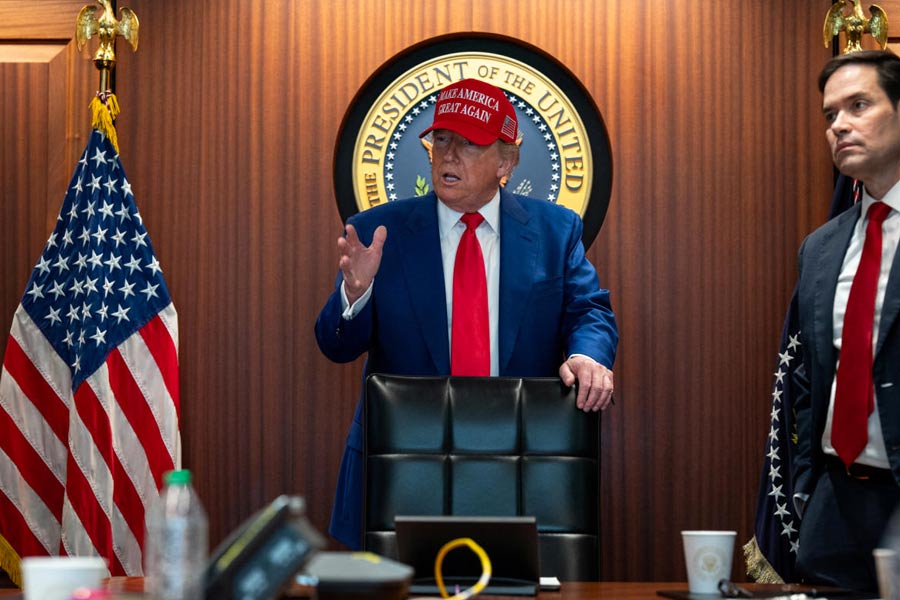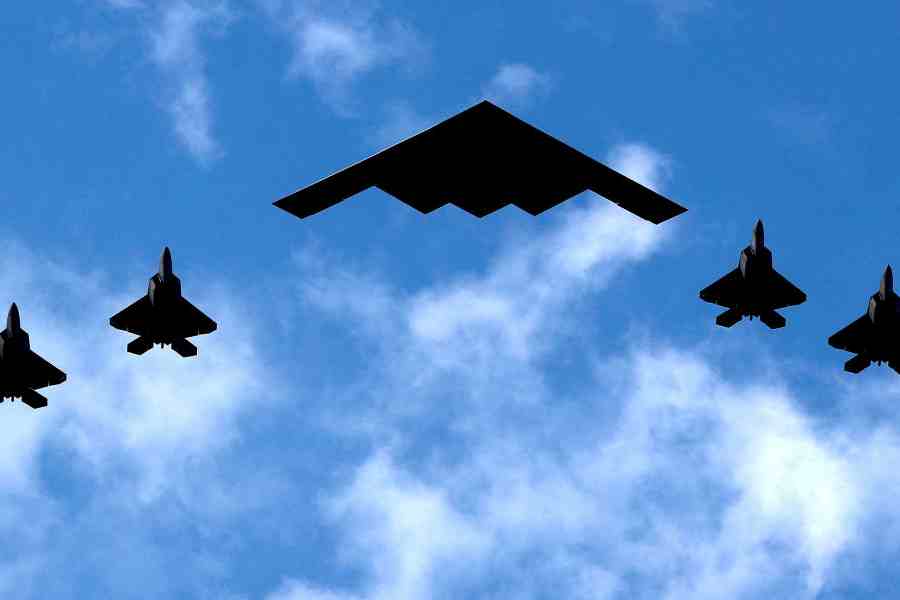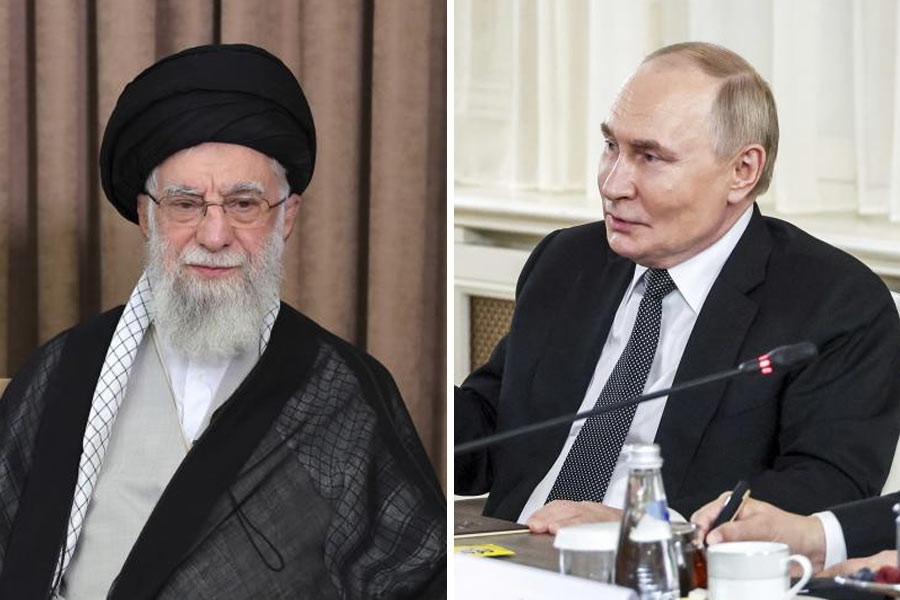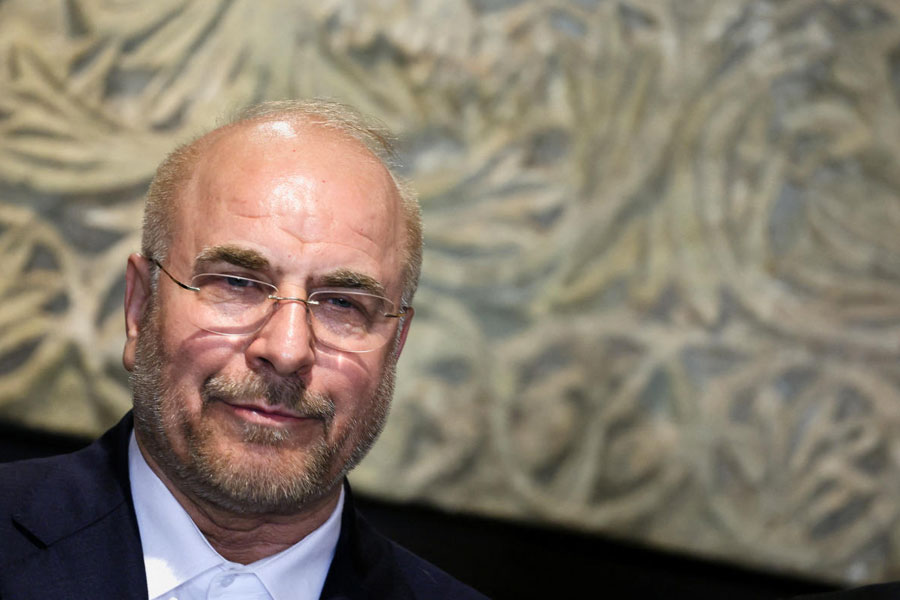Russia on Wednesday said it is too early to assess US bomb damage to Iranian nuclear facilities even as US President Donald Trump said the damage was severe despite "inconclusive" intelligence.
Asked by reporters at the Nato summit in The Hague if the US would strike again if Iran rebuilt its nuclear enrichment programme, Trump said: "Sure."
Trump also acknowledged that the available intelligence on the matter was inconclusive.
A number of reports on Tuesday said that the US Defense Intelligence Agency had assessed that the strikes had set back Iran's nuclear programme by just a few months, despite administration officials saying that the programme had been obliterated.
"The intelligence was very inconclusive," Trump told reporters before joining the Nato summit. "The intelligence says we don't know. It could've been very severe. That's what the intelligence suggests."
Later, during the same round of comments, Trump argued that Iran's nuclear deal had been set back "basically decades, because I don't think they'll ever do it again".
Trump was sitting alongside US secretary of state Marco Rubio and secretary of defence Pete Hegseth, who both also cast doubt on the reliability of the DIA assessment.
Rubio said the US was opening an investigation into the leak of the DIA report. He also suggested the report's contents had been misrepresented in the media.
Meanwhile, the Kremlin said it was too early for anyone to have an accurate picture of the extent of damage inflicted on Iran's nuclear facilities by the US bombing last weekend.
Asked if Russia had its own information on the degree of damage, Kremlin spokesman Dmitry Peskov said: "No. I don't think that anyone can have realistic data now. It's probably too early, we need to wait until such data appears."
Russia has condemned the strikes on Iran, with which it signed a strategic cooperation agreement in January, as illegal, unjustified and unprovoked.
Peskov said Russia had indications that there were open communications channels between Washington and Tehran, adding that Moscow was closely monitoring developments and still talking to Iran itself.
Iran’s parliament approved a bill on Wednesday to suspend cooperation with the UN nuclear watchdog, state-affiliated news outlet Nournews reported.
The move needs the final approval of Iran's Supreme National Security Council to be enforced, according to Nournews.
Parliament Speaker Mohammad Baqer Qalibaf was quoted by state media as also saying Iran would accelerate its civilian nuclear programme.
Rafael Grossi, chief of the International Atomic Energy Association, said his top priority is getting his inspectors back to Iran's nuclear facilities to assess the impact of US and Israeli military strikes and verify its stocks of enriched uranium.
"This is the number 1 priority," Grossi told a news conference at an Austrian security cabinet meeting.
He is seeking his inspectors' return to Iranian sites including the three plants where it was enriching uranium until Israel launched strikes on June 13.
Asked if Iran had informed him of the status of its stocks of enriched uranium, particularly its uranium enriched to up to 60 per cent purity, close to weapons grade, he pointed to a letter he received from Iran on June 13, saying Iran would take "special measures" to protect its nuclear materials and equipment.














